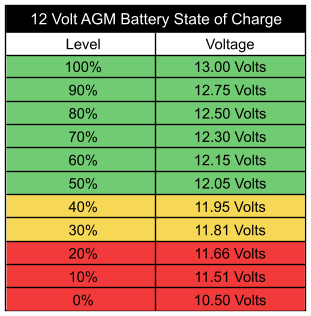Charger1204
Well-known member
Okay, here's one for ya....chassis battery tests good...but wont start engine without hitting the boost switch, all connections are tight and clean. It will start WITHOUT boosting up to 2 hours later, but beyond that, shes a no go. Has me completely stumped. Thanks for any and all help. I have a 2010 Winnebago vista 26p

